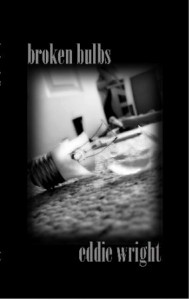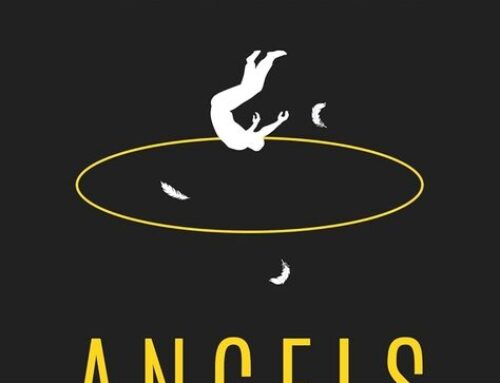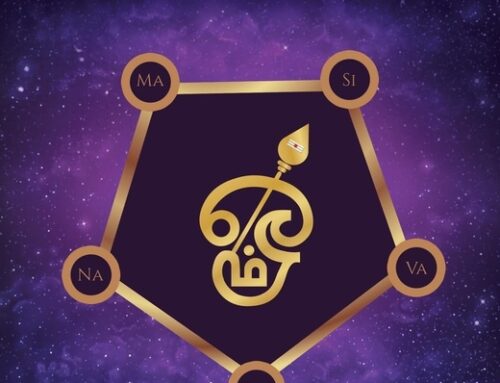 One of the interesting things about buying a book site unseen on the internet is that when the book arrives it can be much different than what you might have pictures. How many people check the dimensions of a book before buying it? Broken Bulbs is a small book – 4 x 6 and only 132 pages, but the writing itself is anything but small: it’s as authentic as they come, experimental without trying to be intentionally obscure, dark without making you doubt humanity, smart and energetic. In short, it’s great writing.
One of the interesting things about buying a book site unseen on the internet is that when the book arrives it can be much different than what you might have pictures. How many people check the dimensions of a book before buying it? Broken Bulbs is a small book – 4 x 6 and only 132 pages, but the writing itself is anything but small: it’s as authentic as they come, experimental without trying to be intentionally obscure, dark without making you doubt humanity, smart and energetic. In short, it’s great writing.
Anyone who doubts the usefulness of self-publishing need only look at this book. People say that self-publishing is the deathnail to a career or a self-published book won’t be taken seriously. If you are judging a book only on how it was produced then there is something seriously wrong with your regard for writing. At 132 pages, a book like Broken Bulbs could never find a publisher. As it’s interwoven with bits of screenplays, and the book isn’t in any one genre, even less so.
Certainly, Eddie Wright could have tried to get the book published with a chapbook publisher – but that could have the same number of readers as a self-published book, and why bother going through the submission process when he could have a great book immediately. A book like Broken Bulbs is why self-publishing was invented.
If you’re at all familiar with the writer Noah Cicero then Eddie Wright’s writing is in a similar vein. But this is more science fictional – without being genre-based science fiction. Reading a writer like Philip K. Dick is a similar experience. It’s not just about a bunch of interesting sci-fi stuff that happens, it puts you in a place where you might actually question the nature of reality. Reading Broken Bulbs is a similar experience.
There are plenty of books about addiction – and describing this book as being about addiction is inaccurate and might make you think that it sticks to one formula. This book is not about the experience of being an addict, but the feeling. The book actually takes you to a place where you’re feeling what the narrator is going through – a character who is addicted to a fictional drug. That’s the strength of Eddie Wright’s writing – in a few, short pages in a style that’s closer to prose poetry than traditional narrative, the book makes you feel like you’ve taken the “seed” (the name of the fictional drug) and all of his desires – high and low.
A sample of the prose (p. 19):
This car is not meant to go eight miles an hour but that’s what I’m doing. I’m doing eighty in an ’87 Toyota death-box. The thing is shaking like a Chihuahua with a smack habit that’s reentering the atmosphere. It’s gonna break to pieces. It’s gonna burn up. I don’t care. I’m alive. I’m in love. I’m alive and I’m in love and I’m in love with alive.
Not I’m in love with being alive. I’m in love with alive. After reading this, I want to read whatever else Eddie Wright puts out.
Don’t just think that the book isn’t about withdrawal and dope sickness, as can be the case with other books about drug abuse – it’s about obsession, self-negation, love, even God (“The Everything”), making Broken Bulbs an entirely unique take on a subject. It’s a science fictional, hard-boiled, poetic vision of drug addiction and hamsters (read it!) A great addition to a genre that has never existed before.
Get an Editorial Review | Get Amazon Sales & Reviews | Get Edited | Publish Your Book | Enter the SPR Book Awards | Other Marketing Services






















Leave A Comment